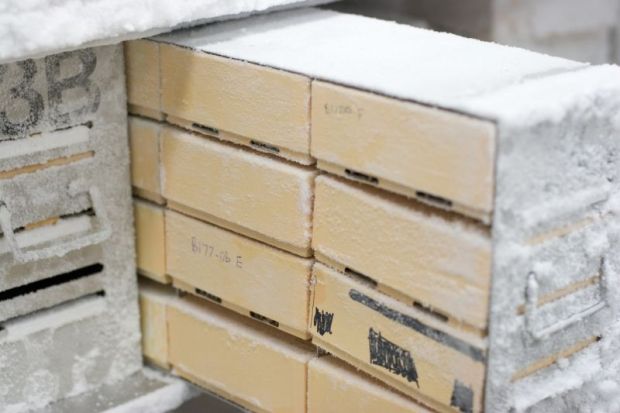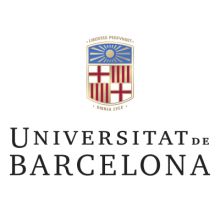Spanish police have opened an investigation at the University of Barcelona after the death of an academic from suspected Creutzfeldt-Jakob disease (CJD), a deadly and incurable brain disorder that some suspect he contracted from samples he was studying.
The investigation was opened after the newspaper El Pais reported that lab checks after the death had unearthed thousands of unauthorised samples of cerebrospinal fluid from people with CJD in a freezer in university laboratory 4141.
The deceased biochemist, who has not been named, joined 4141 in January 2018. He took sick leave from November 2020 and, after colleagues discovered he had CJD symptoms, demanded privacy. He died at the age of 45.
CJD is caused by a misfolded protein called a prion, which replicates by making other copies of the same protein misfold. Prions cannot be destroyed by heat, radiation or the medicines used to kill bacteria and viruses.
Jesús Requena, a prion researcher at the University of Santiago de Compostela, told Times Higher Education that cases of laboratory infections with CJD were incredibly rare. The university confirmed only that it had opened an internal investigation to “find out how the samples appeared in” the lab, a spokesperson said.
Two cases of CJD lab infections have previously been confirmed in France. Technicians working at two sites of the National Research Institute for Agriculture, Food and the Environment died after cutting themselves while handling mouse brains infected with prions in 2019 and 2021, respectively.
While CJD kills quickly, prion infections can have long incubations before symptoms appear. “It all depends on the type of CJD and the way it’s transmitted,” said Richard Knight, an emeritus professor of clinical neurology at the University of Edinburgh and part of the UK’s CJD surveillance team.
Exposure in one of the French cases was believed to be at least 15 years earlier. The situation is further complicated because proteins can misfold spontaneously, with so-called sporadic CJD making up most cases. Diagnosis is confirmed by brain biopsy or at post-mortem.
Professor Knight said the majority of the samples stored in 4141 were likely to be from sporadic CJD cases. He said contracting CJD from handling sporadic-type samples “has never been reported and is extremely unlikely”.
Dr Requena said the Spanish prion community was small and that he had counted the deceased colleague as a “good friend”.
“Part of the guidelines of handling level-three agents is you have to be in a mindfulness state where you’re thinking of everything you are going to do next. If you do that then you shouldn’t have an accident,” he said, referring to biosafety level-three protocols, used for samples that can cause serious infections.
El Pais reported that spinal fluid from humans and animals was stored in a freezer at –80°C in laboratory 4141, which was not equipped for such dangerous material, and that it was improperly labelled.
Two years elapsed before the university and two other research institutions sent the suspicious samples for external analysis, El Pais reported. It received results three months later, but it was another four months before the university legal department broke the news to other workers in 4141, the newspaper said.
THE has found no other reported cases of lab-linked CJD. Professor Knight said surveillance teams across Europe had long cross-referenced cases with occupations, finding no links.
The EU used to fund a CJD surveillance network, but this fragmented after the money dried up, he said. As well as the basics of cases, researchers shared technical details. “There was an established European network for prion disease. We met regularly and shared information, whereas now it’s just in a very ad hoc way,” he said.
Register to continue
Why register?
- Registration is free and only takes a moment
- Once registered, you can read 3 articles a month
- Sign up for our newsletter
Subscribe
Or subscribe for unlimited access to:
- Unlimited access to news, views, insights & reviews
- Digital editions
- Digital access to THE’s university and college rankings analysis
Already registered or a current subscriber? Login










